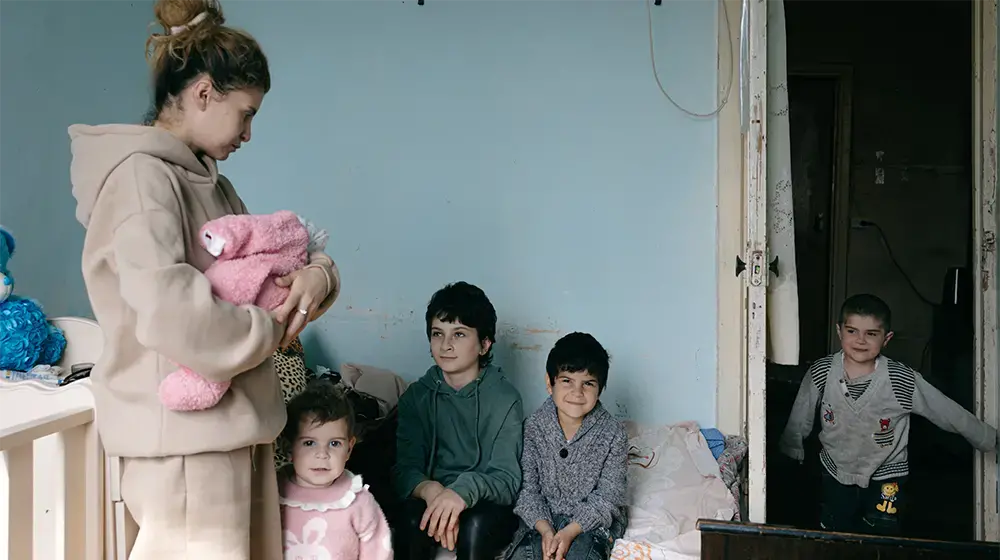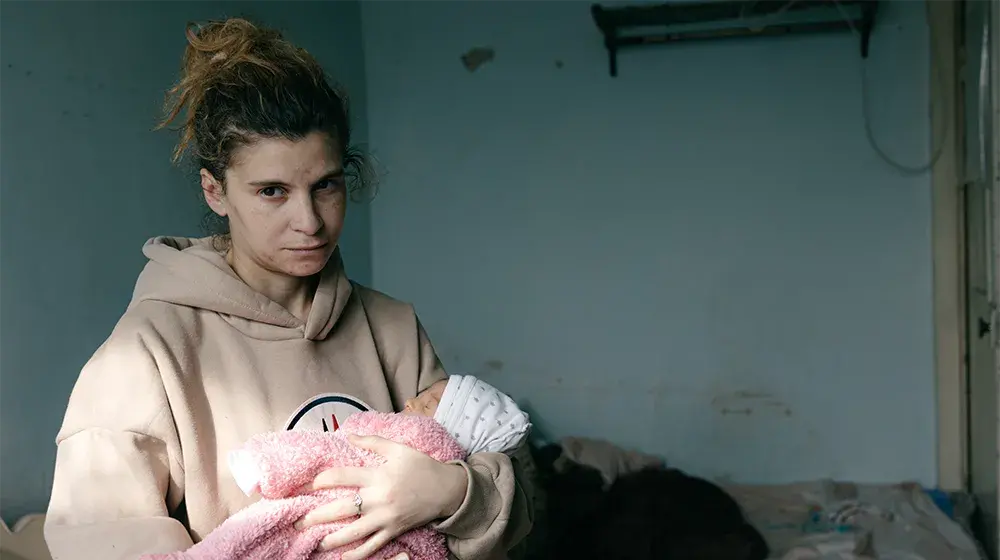Press release
UN and Armenian partners mark 1,000 Days to the end of 2015, target date to achieve the Millennium Development Goals
Yerevan, 9 April 2013 – The UN Office in Armenia and its partners marked 1,000 Days to the end of 2015, before the target date to achieve the Millennium Development Goals (MDGs). Starting Friday, April 5th, the UN will work with partners around the world to spur momentum to achieve greater gains by the 2015 target date.
Since they were adopted in 2000, the MDGs have made a huge difference, helping to set global and national priorities and fuel action on the ground. The eight time-bound MDGs address poverty and hunger, education, gender equality, child mortality, maternal health, combating AIDS, malaria and other diseases, environmental sustainability and a global partnership for development.
According to UN figures, since the MDGs were adopted by all UN Member States in 2000, global extreme poverty rate has been cut in half and two billion more people have gained access to safe drinking water.
In addition, maternal and child mortality have dropped. The world continues to fight killer diseases, such as malaria, tuberculosis and AIDS. Plus, a record number of children are in primary school, with the number of girls equalling the boys for the first time.
Armenia together with other UN Member States set these eight concrete goals in 2000 and the country adopted the MDGs and included them into the national priorities.
UN Resident Coordinator Bradley Busetto greeted Armenian authorities and general public on the progress made towards achievement of the MDGs and said: “The Goals have helped set global and national priorities, mobilize action, and achieve remarkable results. We have achieved a lot during more than twenty years of cooperation. I am proud that Armenia has seen a more than significant decline in the maternal mortality rate: from 71 down to 6 per 100,000 live births between 2000 and 2010. This is a solid claim for achieving MDG 5, Improve Maternal Health. However, to fully reach this MDG, we still need to take steps towards ensuring universal access of the women of Armenia to reproductive health services.”
According to UN data, Armenia has been able to maintain high enrollment of children in basic education. However, some groups of children still continue to be left out of the education process. Children with disabilities as well as those from other vulnerable groups still do not have full access to education and additional efforts will be required to ensure that country fully meets its national targets under the 2nd MDG, Achieve Universal Primary Education.
Tangible progress has also been made in the area of reduction of child mortality in Armenia. In particular, since 1990 under-five mortality rate has dropped from 24 deaths to 13.7 per 1,000 live births in 2011, while infant mortality rate (children below 1) - from 18.5 to 11.6 per 1,000 live births during the same period. However, given the current trends in child mortality rate, it will be hard for Armenia to achieve its national targets for under-five and infant mortality set at less than 10 per cent and less than 8 per cent respectively by 2015.
The UN Secretary-General Ban Ki-moon said: “1,000 Days to finish the work of the MDGs, which will lay the foundation for a new development agenda. We need to further accelerate action and scale up what works -- with contributions from national governments, the international community, civil society and the private sector. We need to reduce inequalities and press forward on many fronts – such as improving food security, maternal health, sanitation, rural development, environmental sustainability and responses to climate change.”
“The MDGs have proven that focused global development objectives can make a profound difference. They can mobilize, unite and inspire. They can spark innovation and change the world. Success in the next 1,000 days will not only improve the lives of millions, it will add momentum as we plan for beyond 2015 and the challenges of sustainable development.”




